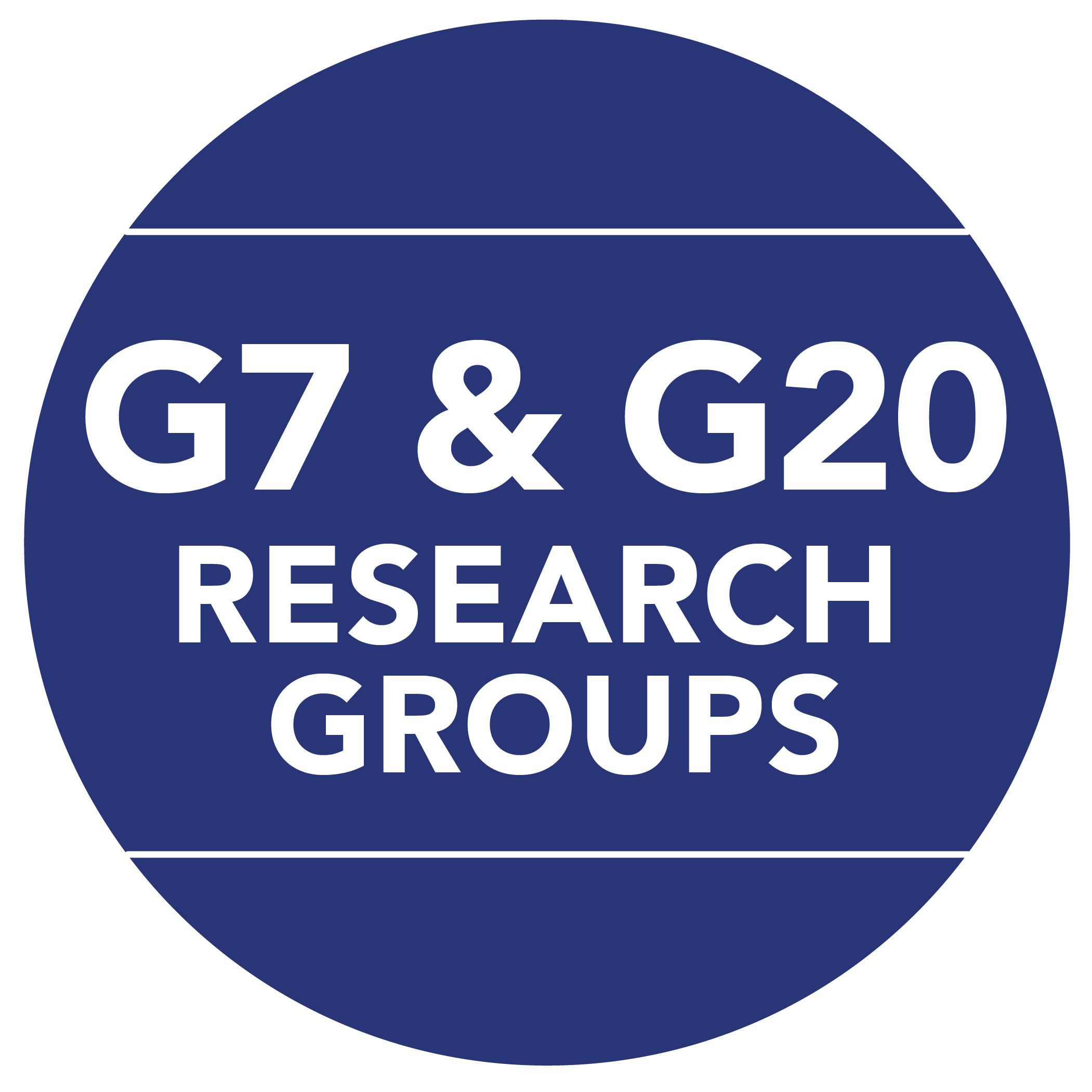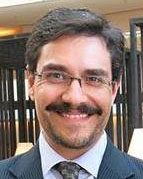

 |
 |
|
The Potential Impact of the G20 on Argentina's Foreign Policy
Paolo Botta, G7 Research Group
February 28, 2018
Argentine president Mauricio Macri has defined his administration's foreign policy as "a strategy of intelligent insertion into the world." The main goal of the policy is to return Argentina to world politics after more than a decade of isolation. The 2018 G20 Buenos Aires Summit is an opportune moment to advance this goal as the G20 represents one of the most important events of Argentina's recent diplomatic history. The Argentine government has already shown a deep commitment in its engagement with the G20, including at past leaders' level G20 summits, as well as through civil society engagement groups, including the Business 20 (B20), Labour 20 (L20), Think 20 (T20) and Women's 20 (W20).
The changes that are taking place in the international system have allowed for the possibility of emerging middle powers to move from rule takers to rule makers. Multilateral processes such as the G20 represent an opportunity for Argentina to interact with global players and to contribute to global governance. What is really new is that emerging middle powers can play this new role without the need to win a war, as was the case in the past.
Such a promising environment requires a new approach to foreign policy, i.e., the possibility to work not only on reacting and adjusting (as rule takers) but also on creating and shaping (as rule makers). Thus, there is a need to identify interests over the long run and to frame foreign policy issues to maximize the benefits. Short-sighted policies would generate missed opportunities.
Historically, Argentine foreign policy has been in the hands of the Ministry of Foreign Affairs (MFA) (referred to as the Cancilleria) almost exclusively. During Carlos Menem's administration (1989–1999), the resident began to exercise presidential diplomacy, a trend that continued during Cristina Fernandez de Kirchner's presidency (2007–2015).
Furthermore, many important foreign policy decisions were taken without even considering the advice from the MFA. As such, the MFA became the implementer of decisions, and career diplomats did not take part in the design of Argentine foreign policy.
Since President Macri took office in December 2016, the project of establishing a Secretary of Strategic Affairs, under the Chief of Cabinet, represents the most important institutional effort to implement a more comprehensive and up-to-date approach to foreign policy.
Argentina needs to secure a creative and synergistic interaction among practitioners (MFA), specialists (think tanks and universities), private companies and other public institutions, and strategic designers, as coordinators of a foreign policy that will reflect its national interests in the long term. The main objective is to generate policies and concrete actions.
New challenges require new approaches. The Macri administration's proposal is a good opportunity to develop an institutional framework where each actor could bring its expertise and know-how, at the same time avoiding the dangers of reactive and isolated decisions.
Recently launched in Buenos Aires, the T20 network plays a vital role in contributing to a collective national policy-making process. Argentina plans to use the G20 series of stakeholder engagement group meetings, to be held throughout Argentina throughout 2018, to explore a more inclusive and diverse policy-making process. The T20 meetings represent an opportunity to draw on expert ideas, proposals, concerns and solutions. During the T20 Inception Workshop, Marcos Peña, the president's chief of staff, reinforced the fact that President Macri is ready to hear what the think tanks have to say.
Clearly, Argentina is preparing to use its G20 presidency as a triggering event to strengthen a more inclusive policy-making process. The idea is to bring about institutional change and escape from reactive foreign policy. In this way, the scene is set for Argentina to engage with the broader academic community of domestic and foreign think tanks and specialists to build a collaborative platform to provide analysis and design innovative solutions to deal with the complex challenges of the 21st century.
 Paulo Botta is coordinator of the Eurasian Studies Department at the Institute of International Relations in the National University of La Plata, Argentina, and teaches courses at the Argentine National Foreign Service Institute and El Salvador University (Buenos Aires). His teaching and research interests include Argentine Foreign Policy, the Greater Middle East and International Security.
Paulo Botta is coordinator of the Eurasian Studies Department at the Institute of International Relations in the National University of La Plata, Argentina, and teaches courses at the Argentine National Foreign Service Institute and El Salvador University (Buenos Aires). His teaching and research interests include Argentine Foreign Policy, the Greater Middle East and International Security.
|
This Information System is provided by the University of Toronto Library |
All contents copyright © 2024. University of Toronto unless otherwise stated. All rights reserved.